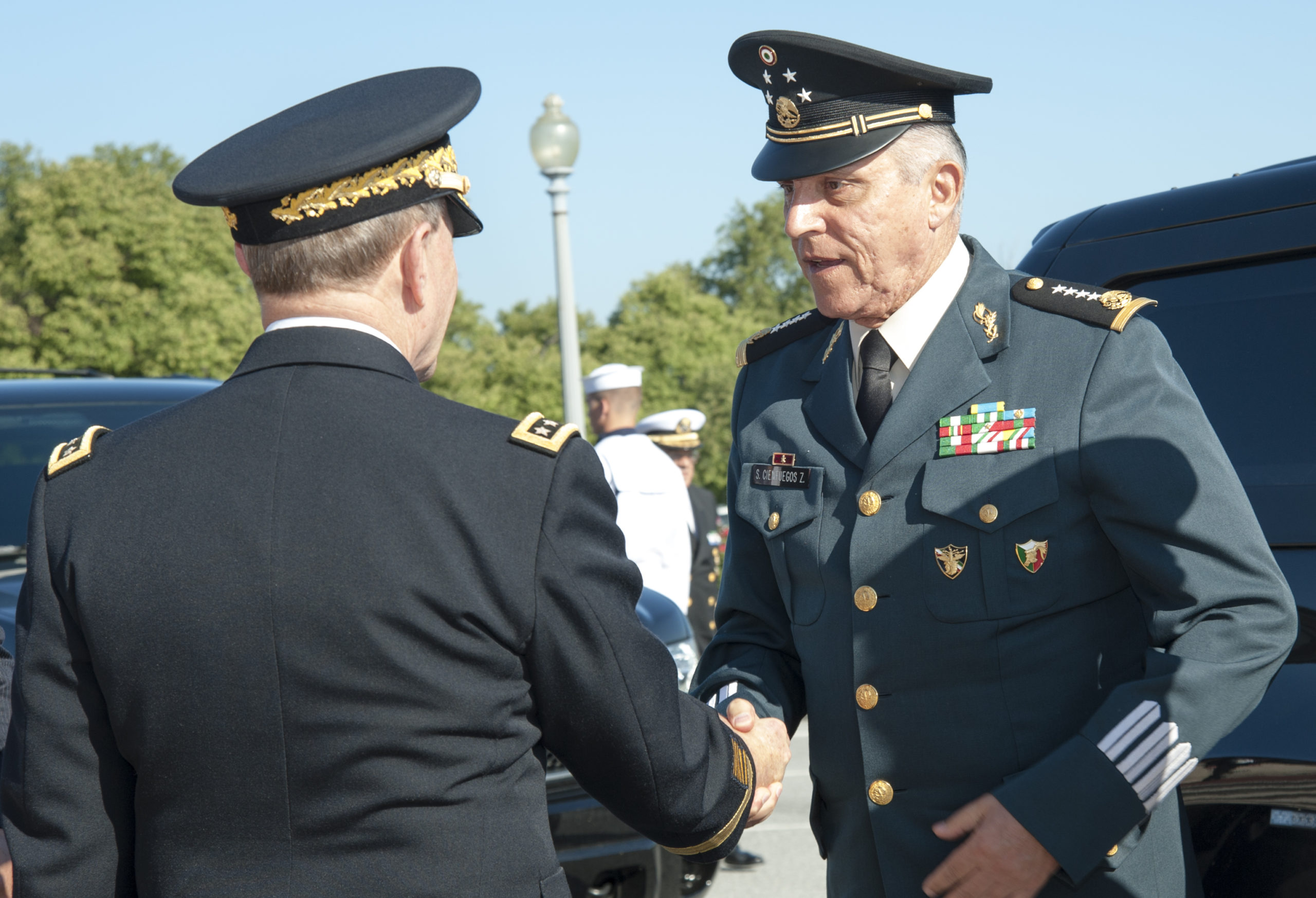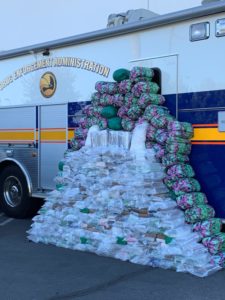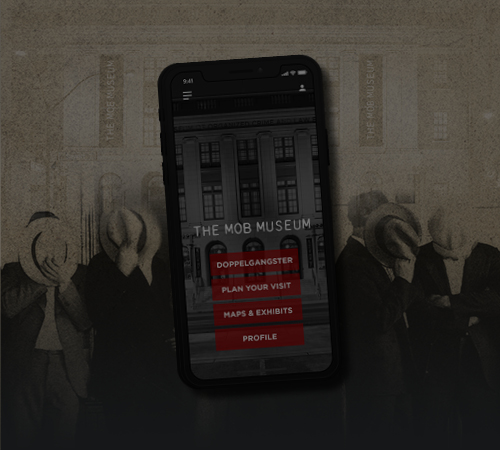
Federal law enforcement agencies announce series of major busts
Cases include arrest of former Mexican defense minister, record meth seizure, $2 billion tax fraud indictment

While most of us are focused on the pandemic and the final weeks of the presidential campaign, federal law enforcement agencies have been busy executing a series of huge busts related to international drug trafficking and tax fraud.
On Thursday, October 15, at the direction of the U.S. Drug Enforcement Administration, retired Mexican secretary of defense Salvador Cienfuegos was taken into custody at Los Angeles International Airport. The following day, prosecutors in New York unveiled an indictment charging him with multiple counts of drug trafficking and money laundering.
Cienfuegos, 72, is accused of using his power to help a drug cartel known as H-2 to smuggle cocaine, heroin and methamphetamine into the United States from 2015-2017. He allegedly helped H-2 find ships to transport drugs and prevented the Mexican army from going after the cartel’s operations.
The general was known as “El Padrino,” or The Godfather, to his cartel accomplices. According to the indictment, his activities were detailed in thousands of cell phone messages.
H-2 is one of several cartels that evolved out of the once-powerful Beltran-Leyva Cartel. The original “H” was Hector Beltran-Leyva. He died of a heart attack while in prison in 2018. “H-2” is a reference to his successor, Juan Francisco Patron Sanchez. Patron Sanchez died in 2017 when Mexican marines assaulted his home on the Pacific coast with a helicopter gunship. The Mexican marines are part of the navy, which was not under Cienfuegos’s control.
News of the indictment came as a surprise to many people in Mexico, because Cienfuegos was widely regarded as honest. Roderic Camp, a professor at Claremont McKenna College in Southern California, told the Washington Post that the arrest “really does come as a shock for those who knew and worked with him.”
Further, the military had been considered the most honest organization in Mexico, where government corruption has been rampant for decades. The indictment of Cienfuegos raises the disturbing prospect that the last line of defense against the cartels can’t be trusted either.
This case also could have implications for the relationship between the United States and Mexico in regard to their collaboration to fight the drug cartels.
In this video, journalist Ioan Grillo, a member of the Mob Museum’s Advisory Council, interviews retired DEA agent Mike Vigil about the arrest of Mexico secretary of defense Salvador Cienfuegos.
Record meth bust in L.A.

Administration busted a stash house in the small town of Perris, California, last week and seized more than 2,200 pounds of methamphetamine. Courtesy of DEA.
Also last week, the DEA announced that its agents had seized more than 2,200 pounds of methamphetamine from a stash house in Perris, California, in Riverside County east of Los Angeles. In addition, the agents grabbed 893 pounds of cocaine. The drugs were packed into duffel bags prepared for distribution.
It was the DEA’s largest domestic meth seizure in history. Timothy Shea, DEA acting administrator, said the seizure represents “a significant blow to the cartels, but more importantly, it is a gigantic victory for communities throughout Southern California and the United States who have had to deal with the torrent of methamphetamine coming into their neighborhoods.”
Bill Bodner, DEA special agent in charge of the Los Angeles field division, speculated that the suspects involved with the stash house were trusted cartel associates. “Someone who’s responsible for this quantity of drugs is someone who is very, very trusted by the cartels,” Bodner said. “A low-level operative would not be trusted with $18 million of drugs in a house.”
The seizure in Perris, California, followed another huge seizure of illegal drugs at the Otay Mesa port of entry in San Diego. The drugs, which included meth, heroin and fentanyl powder, were hidden inside a truck delivering medical supplies.
“These two seizures are more than enough to provide a dose of meth for every man, woman and child in the United States and Mexico,” Shea said.
$2 billion tax evasion case
A federal grand jury in San Francisco last week indicted a Texas billionaire in what prosecutors called the largest tax fraud case against an individual in U.S. history.
Robert Brockman faces 39 charges of tax fraud, wire fraud, money laundering and evidence tampering. Brockman allegedly hid his income in entities in Bermuda and Nevis, a small Caribbean island. He used encrypted email systems to communicate with his offshore accomplices.

Brockman, 79, is the chairman and chief executive officer of Reynolds and Reynolds, a software company based in Ohio.
Jim Lee, chief of the Internal Revenue Service’s Criminal Investigation Division, said Brockman’s tax evasion over many years amounted to $2 billion. “IRS Criminal Investigation aggressively pursues tax cheats domestically and abroad,” he said. “No scheme is too complex or sophisticated for our investigators.”
In a related case, Robert F. Smith, another Texas billionaire, admitted to his participation in Brockman’s tax scheme. As part of a non-prosecution agreement, Smith will pay $139 million and cooperate with investigators.
Smith, chief executive of Vista Equity Partners, is best known as the nation’s wealthiest African-American. In 2019, he announced he would pay the student debt for the entire class at Morehouse College in Georgia. Time magazine this year listed him among its 100 Most Influential People.
IRS Criminal Investigation is often overshadowed by larger federal law enforcement agencies, but it has a long history of taking down tax cheats. In 1931, the agency, then known as the Intelligence Unit, built the case that resulted in the tax evasion conviction of Chicago Mob boss Al Capone.
Feedback or questions? Email blog@themobmuseum.org





